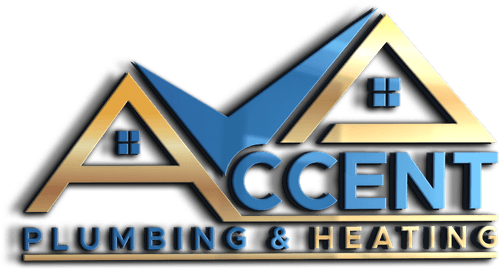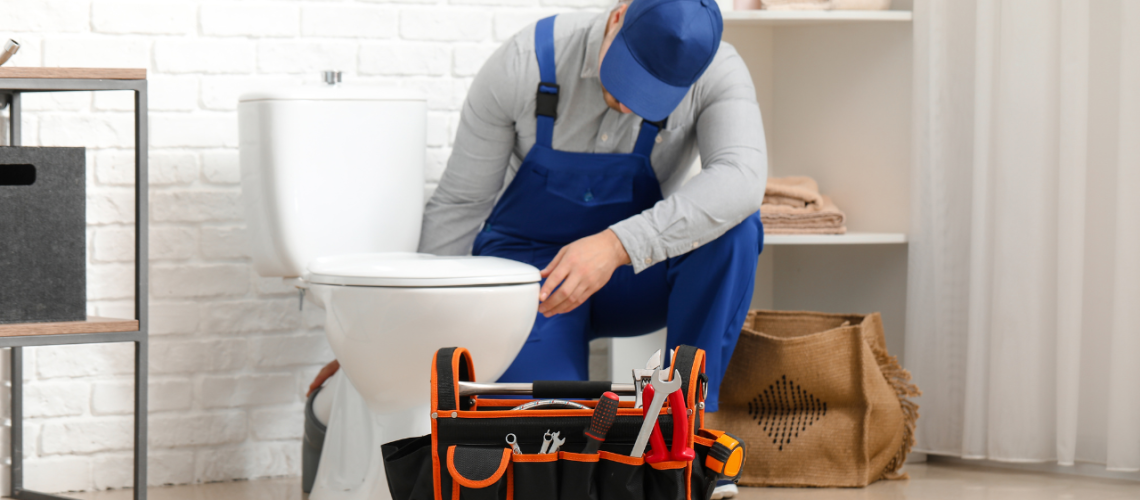Plumbing issues can be a major headache, whether it’s a leaky faucet or a clogged drain. Many homeowners find themselves with questions about their plumbing systems, and it’s important to get reliable answers to avoid costly mistakes. In this blog post, we’ll address some of the most frequently asked plumbing questions, providing expert answers to help you keep your plumbing system in top shape.

1. What Should I Do If My Faucet Is Leaking?
A leaking faucet is not only annoying, but it can also waste a significant amount of water over time. The first step is to identify the type of faucet you have—compression, ball, cartridge, or ceramic disk. Once you know the type, you can attempt to fix the issue by replacing the worn-out parts, such as washers, O-rings, or seals. If you’re not comfortable doing this yourself, it’s best to call a plumber to avoid causing further damage.
2. How Can I Prevent My Drains from Clogging?
Clogged drains are a common problem, but they’re often preventable with some simple precautions. Avoid pouring grease, coffee grounds, and food scraps down the kitchen sink. Use a drain screen to catch hair and other debris in the bathroom. Regularly flush your drains with hot water and baking soda to help break down any buildup. If you do experience a clog, a plunger or drain snake can usually clear it. For stubborn clogs, professional help may be required.
3. Why Is My Water Pressure Low?
Low water pressure can be caused by several factors, including mineral buildup in your pipes, leaks, or issues with your water supply. Start by checking if the problem is isolated to a single faucet or if it’s affecting your entire home. Cleaning faucet aerators or showerheads can often improve water pressure. If the issue persists, there may be a leak or blockage in your pipes, which requires a plumber’s expertise to diagnose and fix.
4. How Can I Tell If I Have a Hidden Water Leak?
Hidden leaks can lead to significant water damage and high utility bills if not addressed promptly. Signs of a hidden leak include unexplained increases in your water bill, damp or discolored walls, ceilings, or floors, and a musty odor. To check for leaks, you can turn off all water-using appliances and observe your water meter. If the meter continues to run, you likely have a leak. It’s crucial to contact a plumber to locate and repair the leak before it causes more damage.

Via Clarke & Rush
5. Is It Safe to Use Chemical Drain Cleaners?
While chemical drain cleaners are widely available, they can be harmful to your pipes and the environment. These products often contain harsh chemicals that can corrode your plumbing over time, especially if used frequently. They can also be dangerous if not handled properly. A safer and more effective solution is to use a plunger or drain snake. For persistent clogs, consider calling a professional who can safely clear the blockage without damaging your pipes.
6. What Should I Do If My Toilet Keeps Running?
A running toilet can waste a lot of water and increase your utility bills. The most common cause is a faulty flapper valve, which may not be sealing properly. You can usually fix this by replacing the flapper or adjusting the chain that connects it to the flush handle. If that doesn’t solve the problem, the issue might be with the fill valve or float. These parts are also replaceable, but if you’re unsure, it’s wise to consult a plumber.

7. How Often Should I Have My Plumbing Inspected?
Regular plumbing inspections are essential for maintaining the health of your plumbing system. It’s recommended to have a professional inspection at least once a year. During an inspection, a plumber can identify potential issues, such as leaks, corrosion, or blockages, before they become serious problems. Regular maintenance can save you money in the long run by preventing costly repairs.
Plumbing problems can be daunting, but with the right knowledge and preventative measures, many issues can be avoided or easily resolved. If you’re ever in doubt, it’s always best to consult with a professional plumber who can provide expert advice and service. Keep these expert answers in mind the next time you face a plumbing question, and you’ll be well-equipped to handle any situation that arises.

